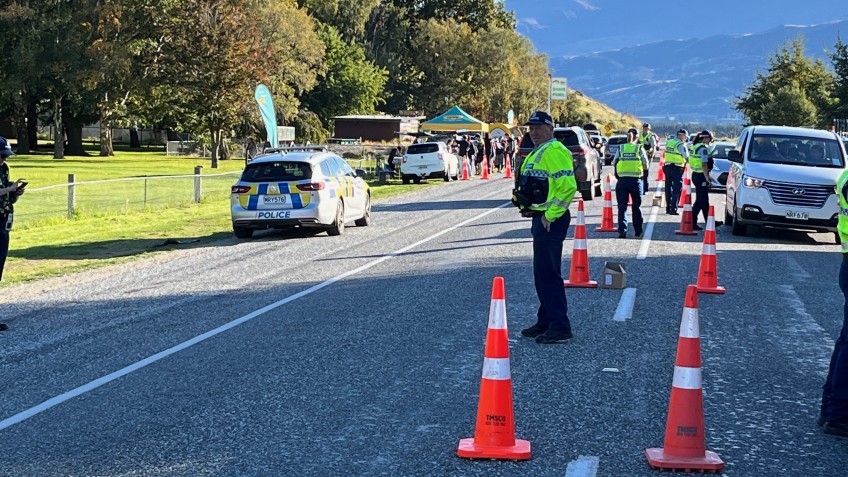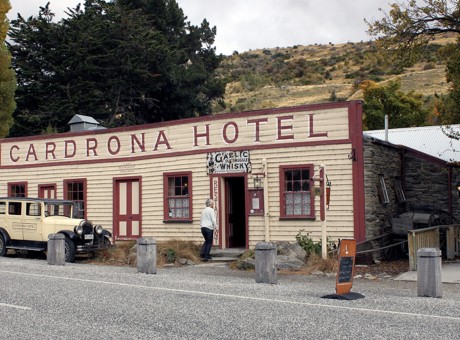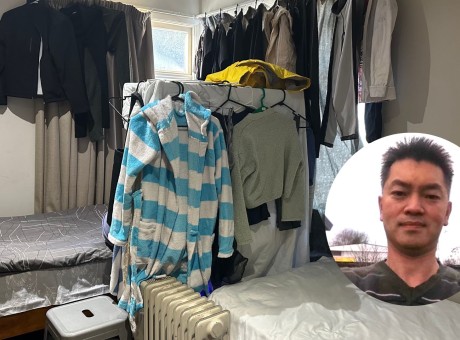Growing number of law-breaking migrants risking deportation

An uptick in offending by migrant workers in the Southern Lakes is prompting authorities to issue a warning about the threat of deportation for those found on the wrong side of the law.
Queenstown and Wānaka attract a steady flow of short-term working visitors from around the world, but an increasing number are having their overseas experiences cut short.
While there can be serious offending, police say much of what they are dealing with is stuff that otherwise may not be perceived as too serious.
But when someone is not a permanent resident or citizen, it can quickly snowball.
Central Otago Queenstown Lakes area road policing manager Steve Watt says he and his colleagues are often catching people on temporary visas making bad calls after a night of drinking.
"We're getting the drink driving coming through - that's quite a common one; we're getting that drunk and disorderly in town, which results in fights, assault, (and) wilful damages."
He is quick to stress the point that he doesn't want to "lump all migrants into the one boat".
"There's a lot of good migrants out there and, to be fair, it's not just them doing the naughty stuff, it's everyone.
"But the consequences for them are far greater in the sense that it will, or can, affect that immigration status."
The Queenstown-based senior sergeant says police work closely with immigration officials.
His message for migrants: "If you come to our attention, chances are you're going to come to the attention of immigration".
Immigration compliance manager Sue Jackson heads a team that has responsibility for the Southern Lakes. Once a month she sends someone down from Christchurch with a caseload that generally averages 10 to 12 migrants.
Many of them are young, potentially away from home for the first time, and working in the hospitality, tourism or construction sectors.
Ms Jackson says there is no "one-size-fits-all" response and what impact offending will have on a person's right to stay in the country is discretionary and based on their individual circumstances.
"We look at what the criminal offence is; we look at how long they've been in New Zealand; we look at whether they've got family connected to the visa; we look at what job they're in and what skill set they have, so we compare the risks of the offending with the value that they bring to New Zealand as well.
"It can be quite complex."
However she explains that, generally, the less time a person has been here and the fewer connections and commitments they have, the higher the likelihood they will be sent packing.
When that happens, it can impact on someone's right to return to New Zealand or travel internationally to some other destinations.
Megan Wallace and Emma Collins are licensed immigration advisors working in Queenstown for Vita Nova - Immigration Specialists.
They have discovered that one split second decision can ruin a client's dream.
"I think most people don't come here with the intention of breaking the law; that's obviously not on anybody's to-do list," Ms Collins says.
"But the result of that is that they may not be able to stay here."
She says she sees the huge stress that follows.
"A lot of people have put down roots in the community. They've made friends, they have employment and they have plans for the future, and those are all jeopardised.
"Maybe there's too much drinking and somebody makes a bad choice, but the consequences of that do start to snowball for that person."
Generally the pair's job is focused on helping facilitate people's exciting plans for their futures, and while they are also sometimes called on when things go wrong, it is not something they generally want to be doing.
By the time someone caught offending ends up in front of her team, Ms Wallace says "there may be little that can be changed" in terms of the consequences for their immigration status, "however every situation is different". 


























